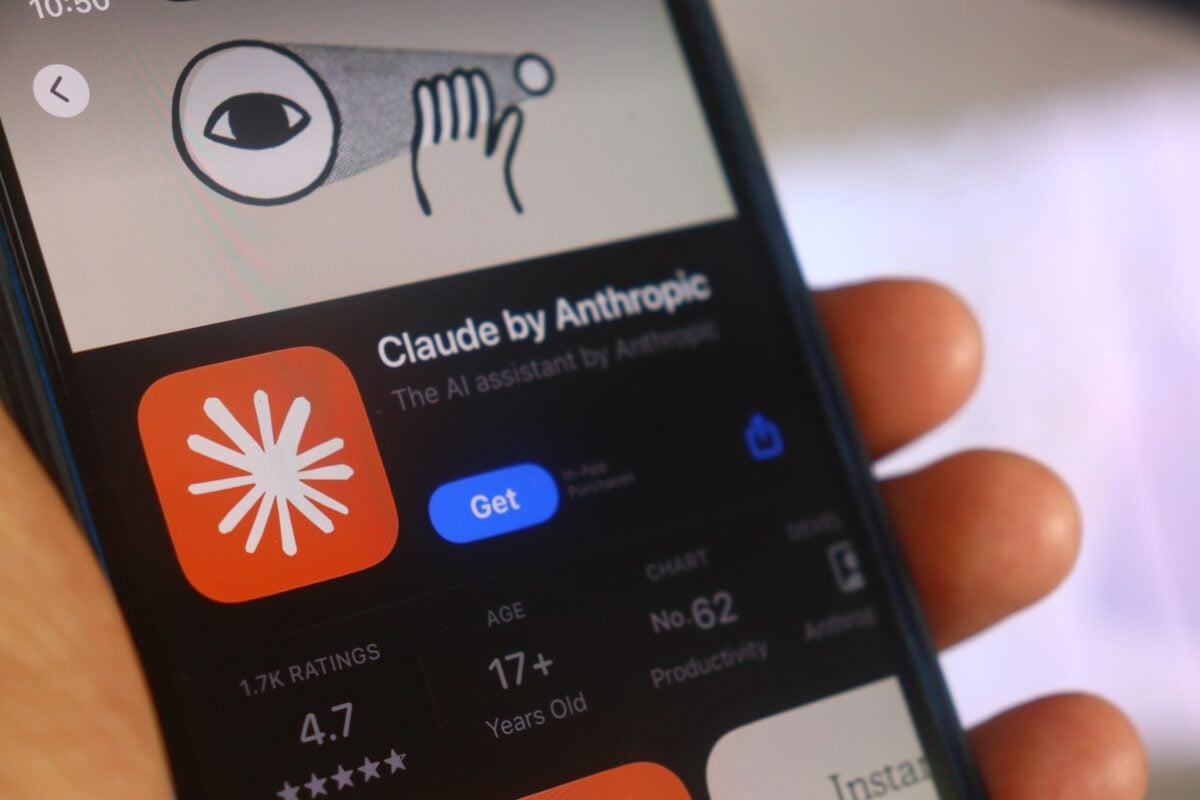TLDRs;
- Anthropic launched Claude Sonnet 4.5, capable of executing code and creating files like spreadsheets and slides.
- The model leads AI coding benchmarks, surpassing competitors in SWE-bench Verified and OSWorld performance tests.
- Developers gain new tools including checkpoints, a refreshed terminal interface, and a Visual Studio Code extension.
- Safety upgrades and 30-hour autonomous runtime make Claude more resilient for enterprise-scale workflows.
Anthropic has officially launched Claude Sonnet 4.5, its newest large language model, introducing a wave of enhancements that move the AI system beyond traditional text-based interactions.
With the ability to execute code, generate files, and support longer-context editing, the update cements Claude’s position as a practical tool for businesses and developers.
The Amazon-backed AI startup, now valued at $183 billion, framed Claude’s latest release as a step toward transforming artificial intelligence into a true digital colleague. The model is already attracting attention for topping global benchmarks, including SWE-bench Verified for coding performance and OSWorld for software usability, scoring an industry-leading 61.4%.
Code Execution and File Creation
One of the standout upgrades is Claude’s ability to run code directly within conversations. This feature allows users to troubleshoot problems, test solutions, and refine algorithms without leaving the chat interface.
Beyond just suggesting code, Claude can now actively demonstrate functionality, saving developers countless hours.
Introducing Claude Sonnet 4.5—the best coding model in the world.
It's the strongest model for building complex agents. It's the best model at using computers. And it shows substantial gains on tests of reasoning and math. pic.twitter.com/7LwV9WPNAv
— Claude (@claudeai) September 29, 2025
The model can also create files on the fly, ranging from spreadsheets to slide decks. This capability shifts Claude from a purely conversational assistant to a hands-on collaborator capable of contributing tangible work outputs. Businesses can leverage this functionality to streamline repetitive documentation or automate basic reporting tasks.
Smarter Tools for Developers
Anthropic has further expanded Claude Code, the AI’s specialized programming assistant. The upgraded system introduces checkpoints that allow developers to save progress, a redesigned terminal interface, and a native Visual Studio Code extension.
This integration means that programmers can work seamlessly with Claude in the environments they already use daily.
Memory tools have also been added, giving Claude the ability to maintain context across complex workflows. This is particularly useful for long-term projects that require handling multiple files, tracking revisions, or keeping pace with large-scale debugging.
Safety, Longevity, and Industry Impact
Safety has long been a sticking point for AI adoption, and Anthropic claims Claude Sonnet 4.5 represents its most reliable model yet. The company has reduced instances of deceptive or manipulative outputs, while increasing resistance to prompt injection attacks, where malicious instructions can cause models to leak sensitive data.
The model’s autonomous runtime has increased from seven hours in Claude Opus 4 to an impressive 30 hours, allowing it to stay focused on multi-step tasks without losing track. This endurance makes Claude more suitable for enterprise-scale workloads in finance, research, and cybersecurity.
Industry analysts see the release as a direct response to competition from OpenAI’s GPT-5, launched in August 2025. While OpenAI has faced challenges balancing innovation with user stability, Anthropic is positioning Claude as a more dependable and “colleague-like” partner, rather than just a chatbot.






